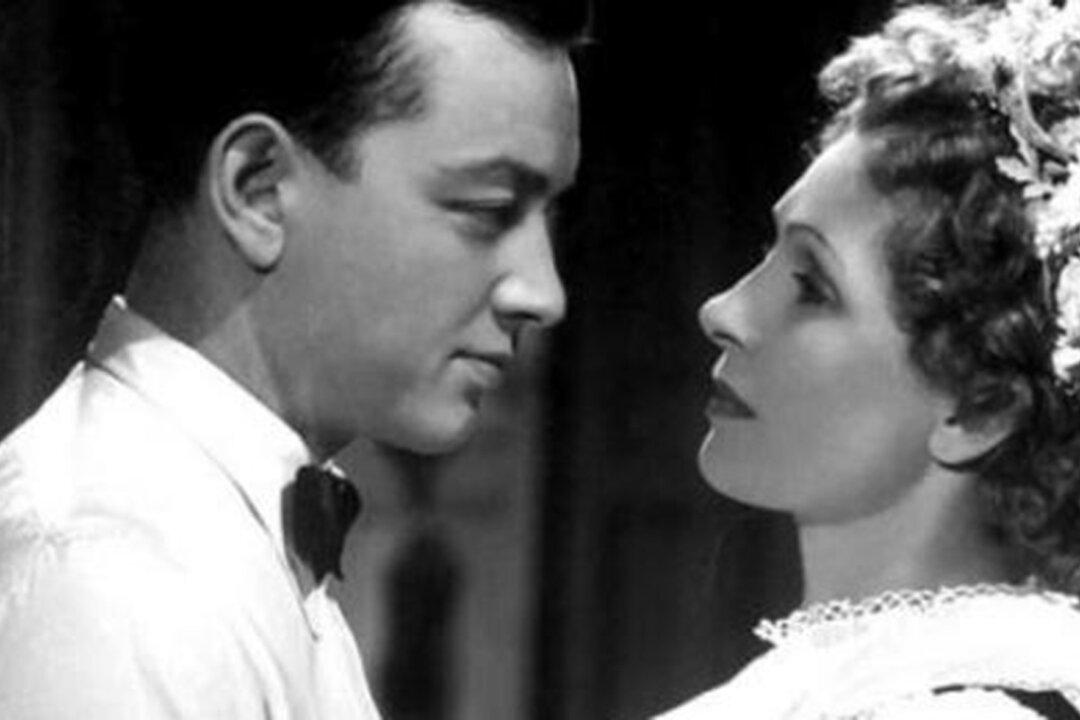NR | 1h 50m | Satire, Comedy, Drama | 1950
Having recently reviewed director Jean Renoir’s 1937 war drama “The Grand Illusion,” I wasn’t expecting the sharp turn in tone with his follow-up 1939 masterpiece “The Rules of the Game.”

NR | 1h 50m | Satire, Comedy, Drama | 1950